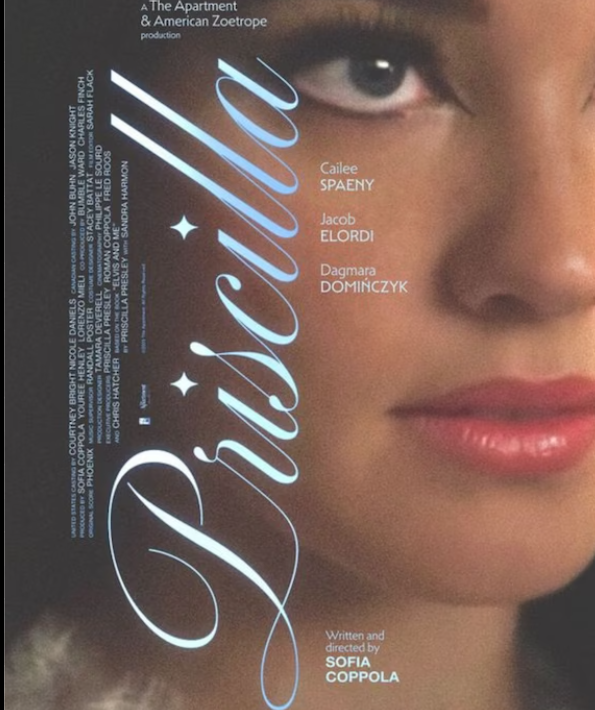Opinion: Beyoncé’s “Black is King”: Fuel for Racial Justice

No one can top Beyoncé’s vocal talent, but with her newest visual album, “Black is King,” the singer might become known for more than just her performing prowess. “Black is King” follows a young African man’s journey to self-discovery and appreciation of his origins. Through stunning visuals, beautiful costumes, and historical references, Beyoncé highlights black culture as one of regality and purpose. However, unlike her past albums, “Black is King” has received both praise and criticism for its portrayal of black culture. While many laud the album for its visual appeal and black representation, others accuse Beyoncé of cultural appropriation and contributing to African stereotypes. Although I do believe that the concerns of the black community are valid and deserve to be honored, I also support Beyoncé and all that “Black is King” has to offer because it is breaking barriers in black representation and fueling the fight for racial justice in America.
In a Good Morning America interview, Beyoncé says “her hope” for this film is that “it shifts the global perception of the word ‘black.’” She goes on to clarify the meaning of “black is king” as “black is regal, rich, history, purpose and lineage.” So how well did Beyoncé capture what she described in “Black is King”?
First off, Beyoncé collaborated with numerous black directors and artists, such as Emmanuel Adjei, Jenn Adkiru, Lupita Nyong’o, Naomi Campbell, and Burna Boy. Beyoncé seems to be shifting away from mass appeal and focusing more on how she can use her platform to shine a light on racial issues. In a society where celebrities refrain from speaking on current events in fear of damaging their reputation, Beyoncé’s decision to stand with her brothers and sisters and honor their culture is refreshing.
Beyoncé also pays homage to her African roots through allusions to ancient legends. From her Oshun inspired dress to her Limpombo hairstyle to her Nguni cowhide outfit, Beyoncé honors the numerous tribes spanning the African continent. Although each frame of Beyoncé’s stunning outfits is fleeting, each ensemble tells a story and adds to the visual aesthetic of the film. Accompanying the visuals are underlying references to the story of Moses; Beyoncé portrays Jochebed releasing a black baby Moses into the river, perhaps to save him from the impending persecution he will face later in life.
Despite all these amazing features in “Black is King,” Beyoncé received a lot of criticism- the most prominent being the album’s romanticization of black culture, which is portrayed with black kings, animal hides, and painted faces. Viewers also questioned why Beyoncé chose to focus on history rather than addressing current issues presented in the Black Lives Matter movement.
It’s true, Beyoncé chose to include the more traditional aspects of black culture, specifically the time before the trans-Atlantic slave trade. But the entire album is designed to depict, as Beyoncé said, the regality, richness, and purpose of black people. By capturing the traditional aspects of African culture, Beyoncé challenges not reinforces, the public’s limited perception of blacks as an underdeveloped group of people confined by the sympathies of slavery. On a similar note, “Black is King” reminds the black community that they are not defined by what is currently happening in the world. Instead, the film serves as a reminder for blacks to remember their lineage and regain what they have lost to build a new legacy.
Ultimately, no matter what criticism Beyoncé receives for her newest film, any exposure to and representation of our black community can fuel the fight for justice for African Americans. If anything, “Black is King” is revolutionary in its ability to move people and capture the essence of what it truly means to be black.
Shannon is a former Global News Editor for The Talon. In her free time, she likes to read, bake, and binge watch FRIENDS. She hopes to work with kids when she gets older and pursue a career in the field of medicine.







